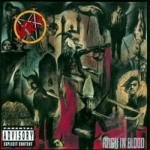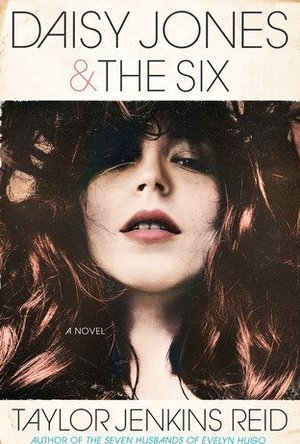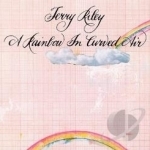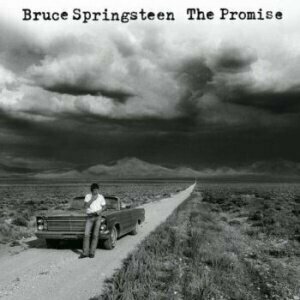Rob Halford recommended Reign in Blood by Slayer in Music (curated)
MelanieTheresa (997 KP) rated Daisy Jones & the Six in Books
Apr 4, 2019
It's so completely different from anything I've recently read. I do love my psychological thrillers, but sometimes it's nice to jump into a totally different world. Daisy Jones & The Six perfectly fits the bill.
There's been so much hype surrounding this book that I'm sure you know the premise by now: set in the mid-sixties through late seventies, Daisy Jones & The Six is about the rise and eventual fall of a fictional rock band. It reads like a Rolling Stone interview, or an episode of Behind the Music, which is an interesting and effective approach to the subject matter. I was immediately immersed in the story, but this also means I flew through it so quickly that I was sad when it was over. It drew me in so completely that I actually forgot this was not a real band.
Sex? ✔ Drugs? ✔ Rock 'n' Roll? ✔
Daisy Jones & The Six has all this and more. I've heard that it bears more than a passing resemblance to Fleetwood Mac's history, which makes sense as the author herself states that she was very much influenced by Fleetwood Mac and Stevie Nicks (a living goddess if there ever was one). Every character is flawed, because, life. The descriptions of the songs, the music, are so complete, I could almost hear them in my head.
Last summer, Amazon ordered a 13-episode limited series of the book. The series will be co-produced by Amazon Studios and Reese Witherspoon’s Hello Sunshine banner. ALSO: Amazon will be distributing original music from the television adaptation exclusively through Amazon Music. ?
And I.Can't.Wait.
?
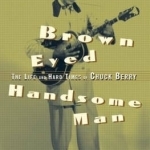
Brown-Eyed Handsome Man: The Life and Hard Times of Chuck Berry
Book
Brown Eyed Handsome Man: The Life and Hard Times of Chuck Berry draws on dozens of interviews done...
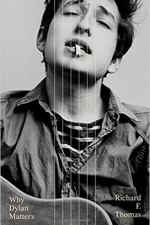
Why Dylan Matters
Book
A GUARDIAN AND INDEPENDENT BEST MUSIC BOOK OF 2017 ‘At last an expert classicist gets to grips...
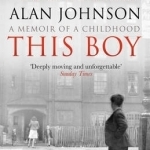
This Boy
Book
Alan Johnson's childhood was not so much difficult as unusual, particularly for a man who was...
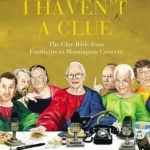
The Fully Authorised History of I'm Sorry I Haven't a Clue: The Clue Bible from Footlights to Mornington Crescent
Book
'It's a great missing piece of the jigsaw - people go on endlessly about Python and Peter Cook,...
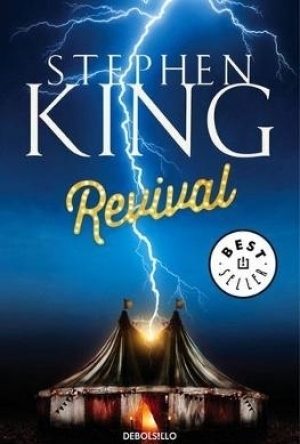
Revival
Book
A dark and electrifying novel about addiction, fanaticism, and what might exist on the other side of...

West Coast Town by Chris Shiflett
Album Watch
Brand New solo album by Foo Fighters lead guitarist Chris Shiflett! Alt-country songwriter, rock...
country honky-tonk
